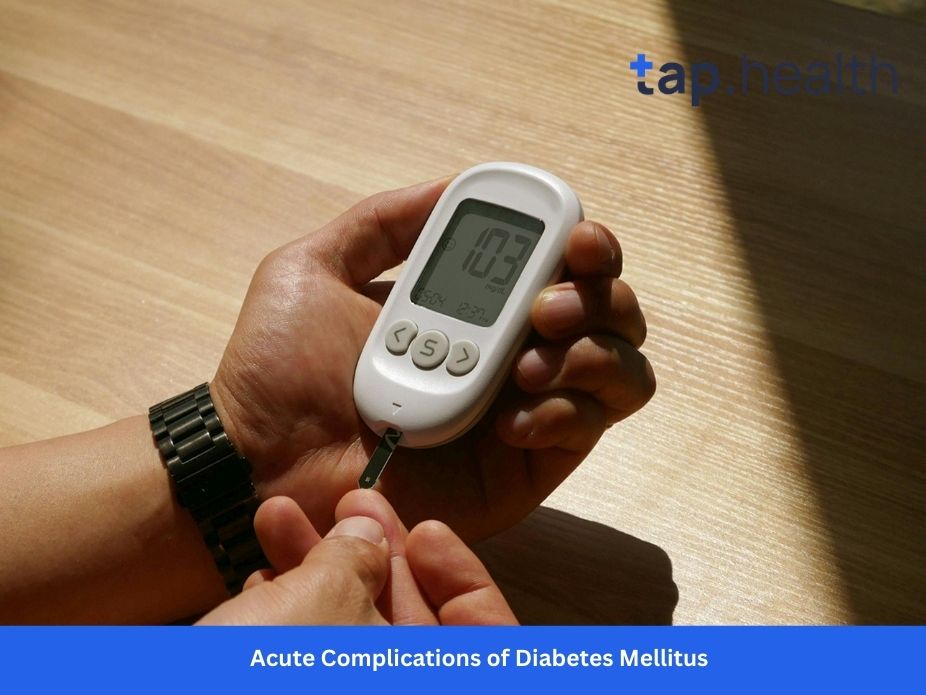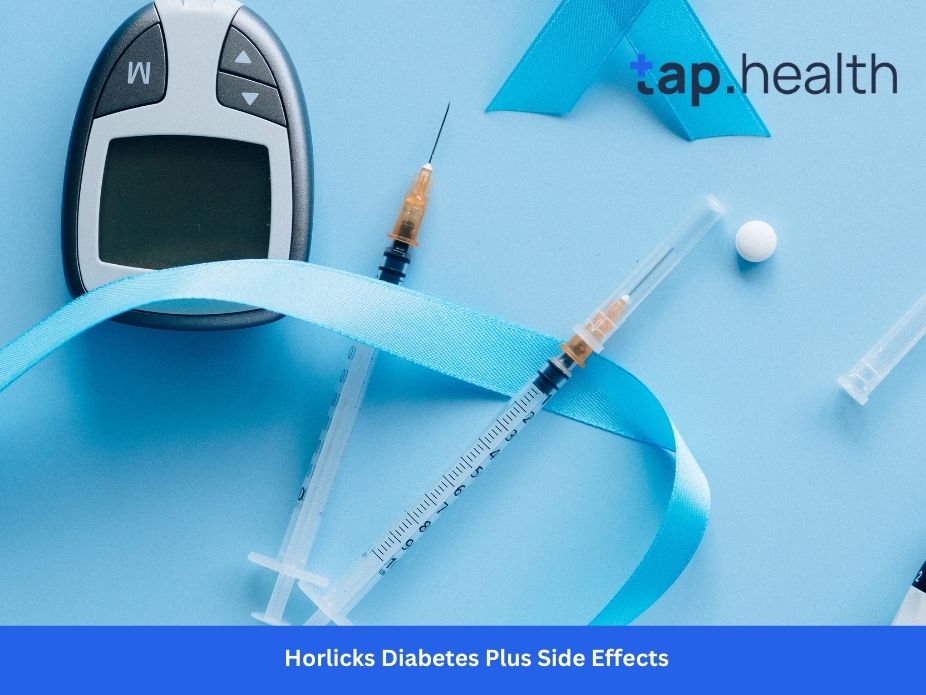Maintaining healthy blood sugar levels is vital for overall health, as imbalances can lead to serious conditions like diabetes or heart disease. High blood sugar, or glucose, occurs when the body struggles to produce or use insulin effectively. Fortunately, with the right strategies, you can manage and reduce blood sugar levels quickly. This blog outlines 10 practical tips for immediate blood sugar reduction, incorporating lifestyle changes and dietary adjustments to support your health.
Why Is Blood Sugar Control Important?
Blood sugar, or glucose, is the body’s primary energy source, derived mainly from carbohydrates. Insulin, a hormone produced by the pancreas, regulates glucose levels in the blood. When insulin function is impaired, blood sugar levels can spike, leading to health complications. Proper blood sugar management not only supports energy levels but also aids in weight control, brain function, and emotional well-being. Below, we explore 10 actionable strategies to lower blood sugar effectively.
1. Stay Hydrated for Better Glucose Control
How does hydration affect blood sugar?
Drinking enough water is a simple yet powerful way to manage blood sugar levels. Dehydration can elevate glucose levels as the body struggles to eliminate excess sugar through urine. Proper hydration supports kidney function, helping flush out glucose. Aim for at least eight glasses of water daily to maintain optimal hydration and support blood sugar control.
Pro Tip: Carry a reusable water bottle to remind yourself to drink water throughout the day.
2. Replenish Electrolytes for Fluid Balance
Why are electrolytes important for blood sugar?
Electrolytes like sodium, potassium, and magnesium are essential for maintaining fluid balance and nerve function. High blood sugar can increase urine output, leading to electrolyte loss. Consuming electrolyte-rich foods such as bananas, avocados, and spinach or opting for electrolyte-enhanced drinks can help restore balance and support hydration, indirectly aiding blood sugar regulation.
Pro Tip: Add a pinch of Himalayan salt to water or include leafy greens in meals to boost electrolyte intake.
3. Exercise to Lower Blood Sugar Naturally
How does physical activity reduce blood sugar?
Regular exercise helps muscles use glucose for energy, effectively lowering blood sugar levels. Activities like walking, jogging, cycling, or swimming can have immediate benefits. Aim for 150 minutes of moderate-intensity exercise or 75 minutes of vigorous exercise weekly. Always consult a healthcare provider before starting a new exercise routine to ensure safety.
Pro Tip: Take a brisk 15-minute walk after meals to help stabilize blood sugar.
4. Choose High-Fiber Foods for Stable Glucose Levels
What role does fiber play in blood sugar control?
High-fiber foods, such as whole grains, fruits, vegetables, legumes, and nuts, slow the absorption of sugar into the bloodstream, preventing sudden spikes. Incorporating fiber-rich options into meals and snacks promotes steady glucose levels and supports digestive health.
Pro Tip: Swap white bread for whole-grain alternatives and add beans or lentils to soups and salads.
5. Monitor Carbohydrate Intake for Better Control
How do carbohydrates impact blood sugar?
Carbohydrates directly influence blood sugar levels, so managing their intake is crucial. Focus on complex carbohydrates like whole grains, which release glucose more slowly than refined carbs. Portion control is also key. Working with a registered dietitian can help you create a personalized meal plan tailored to your blood sugar goals.
Pro Tip: Use a food diary to track carb intake and monitor its effects on your glucose levels.
6. Prioritize Sleep for Insulin Sensitivity
Can sleep affect blood sugar levels?
Adequate sleep (7-9 hours per night) is essential for maintaining insulin sensitivity and preventing blood sugar spikes. Poor sleep can disrupt insulin production, leading to insulin resistance. Establishing a consistent sleep routine and creating a relaxing bedroom environment can promote better rest and glucose control.
Pro Tip: Avoid screens an hour before bed to improve sleep quality.
7. Manage Stress to Prevent Glucose Spikes
How does stress influence blood sugar?
Chronic stress triggers the release of stress hormones, which can raise blood sugar by prompting the liver to release stored glucose. Practicing stress-reduction techniques like deep breathing, yoga, meditation, or engaging in hobbies can help maintain balanced glucose levels.
Pro Tip: Try a 5-minute mindfulness meditation session daily to reduce stress.
8. Opt for Low-Glycemic Index Foods
What are low-glycemic index foods?
Low-glycemic index (GI) foods release glucose slowly, preventing rapid blood sugar spikes. Examples include non-starchy vegetables, whole grains, and lean proteins. Incorporating these foods into your diet provides sustained energy and supports long-term blood sugar stability.
Pro Tip: Replace sugary snacks with low-GI options like Greek yogurt or apple slices with almond butter.
9. Incorporate Cinnamon for Insulin Sensitivity
Can cinnamon help lower blood sugar?
Cinnamon contains compounds that may enhance insulin sensitivity and reduce insulin resistance. Adding a sprinkle of cinnamon to oatmeal, yogurt, or coffee can be a tasty way to support blood sugar management. Always consult a healthcare provider to ensure cinnamon is safe for your specific health needs.
Pro Tip: Mix cinnamon into your morning smoothie for a flavorful blood sugar boost.
10. Use Apple Cider Vinegar to Support Glucose Control
How does apple cider vinegar affect blood sugar?
Apple cider vinegar may improve insulin sensitivity and slow carbohydrate digestion, reducing blood sugar spikes. Dilute 1-2 tablespoons in water or use it as a salad dressing to incorporate it into your diet. Consult a healthcare provider before use, especially if you have medical conditions or take medications.
Pro Tip: Start with a small dose of apple cider vinegar to assess tolerance.
When to Consider Medication for Blood Sugar Control
Are medications necessary for blood sugar management?
For some individuals, lifestyle changes alone may not suffice to manage blood sugar effectively. In such cases, healthcare providers may prescribe oral medications or insulin therapy. Always follow your provider’s guidance and take medications as prescribed to achieve optimal blood sugar control.
Pro Tip: Keep regular appointments with your healthcare provider to monitor blood sugar and adjust treatments as needed.
Conclusion
Achieving immediate blood sugar reduction is possible with practical lifestyle and dietary changes. By staying hydrated, exercising regularly, eating high-fiber and low-GI foods, managing stress, and considering natural aids like cinnamon and apple cider vinegar, you can take charge of your blood sugar levels. For personalized guidance, consult a healthcare provider or dietitian to create a plan tailored to your needs. Start implementing these 10 tips today to support your health and prevent long-term complications.



